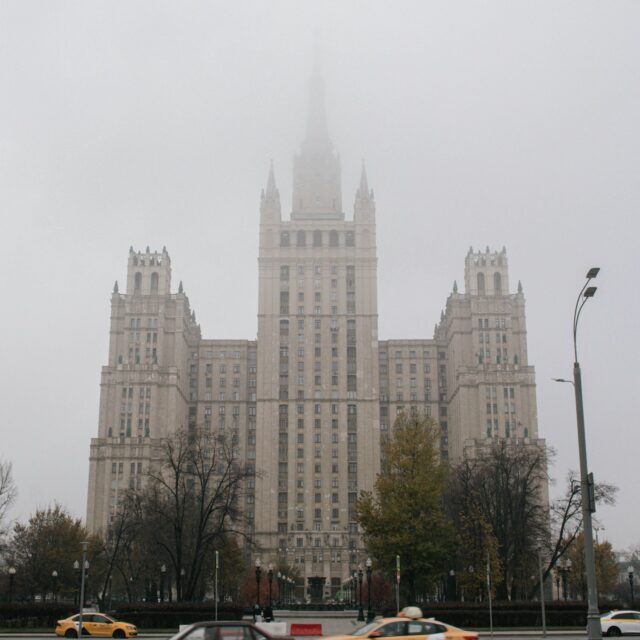Photo by Christian Crocker on Unsplash
There is a pressing need for countries and international organisations to understand better how existing international law can help them address serious concerns about the militarisation of outer space, a new study says.
Space is an increasingly militarized domain, with the potential to be a source and place of armed conflict. Nations are testing anti-satellite (‘ASAT’) weapons and satellites are potentially attractive targets during armed conflict.The new study, by Dr Chris O’Meara from the University of Exeter Law School, examines how the jus ad bellum, which is a body of lathat regulates when states may lawfully use force, applies to ASAT weapons and to the right of states to use them in space.
The study argues that jus ad bellum regulation of ASAT technologies addresses state concerns regarding protecting satellites and other space assets and avoiding conflict in space. It says a clearer understanding of this body of law will help decision makers and military planners avoid lawful acts of self-defence being characterized as unlawful.
Dr O’Meara said: “Space is increasingly important, militarised, and congested. States and international organisations like NATO and the UN are trying to work out how legal rules apply to space and what should happen if there’s conflict in that domain. This is not fantastical Star Wars territory; it is a necessary response to real concerns about future conflict in space. Countries are putting military weapons into space and this potential threat will continue into the future.”
“For now, it is clear we are not going to get a new weapons control treaty to respond to the fears of wars in space, so we will have to rely on existing rules from the UN Charter and customary international law and to think about how these existing rules apply above Earth. So far, there has been relatively little focus on the jus ad bellum, but my view is that we do have this existing toolkit, a body of law which applies and which sets out standards of conduct, but we need to better understand how it works in space. A better appreciation of the law is a big part of the answer.”
“In the absence of a multilateral ASAT weapons control treaty, the jus ad bellum, alongside international humanitarian law, must be regarded as an essential part of the international law framework limiting their use.”
“A clearer understanding of jus ad bellum requirements could directly address pressing international concerns regarding the weaponization of space and the fear of wars between states in that domain.”
The study says adherence to jus ad bellum helps to avoid conflict and the escalation of conflict in space and has the potential to limit ASAT weapon deployment. Compliance underpins international peace and security and safeguards space for peaceful purposes and ensuring its valuable resources continue to benefit all mankind.
\




